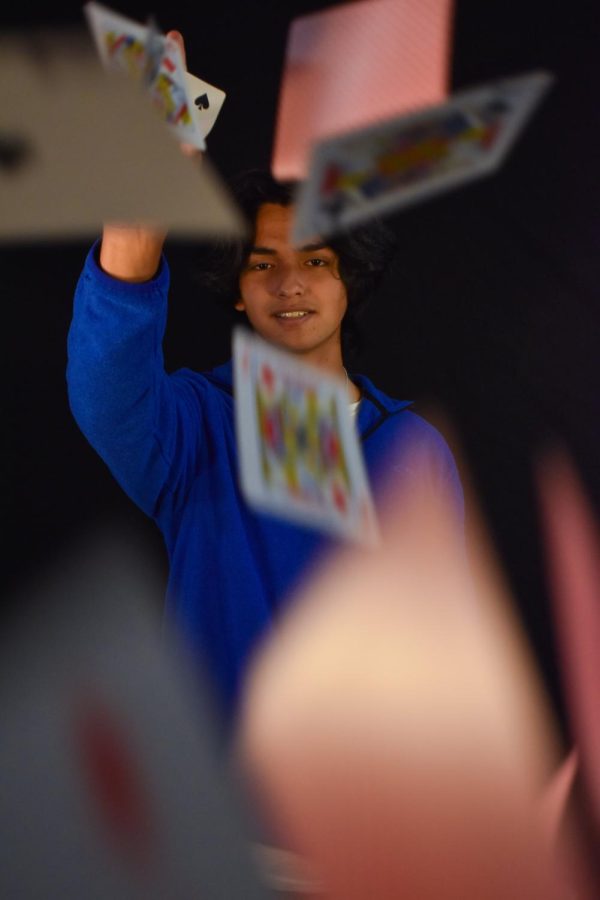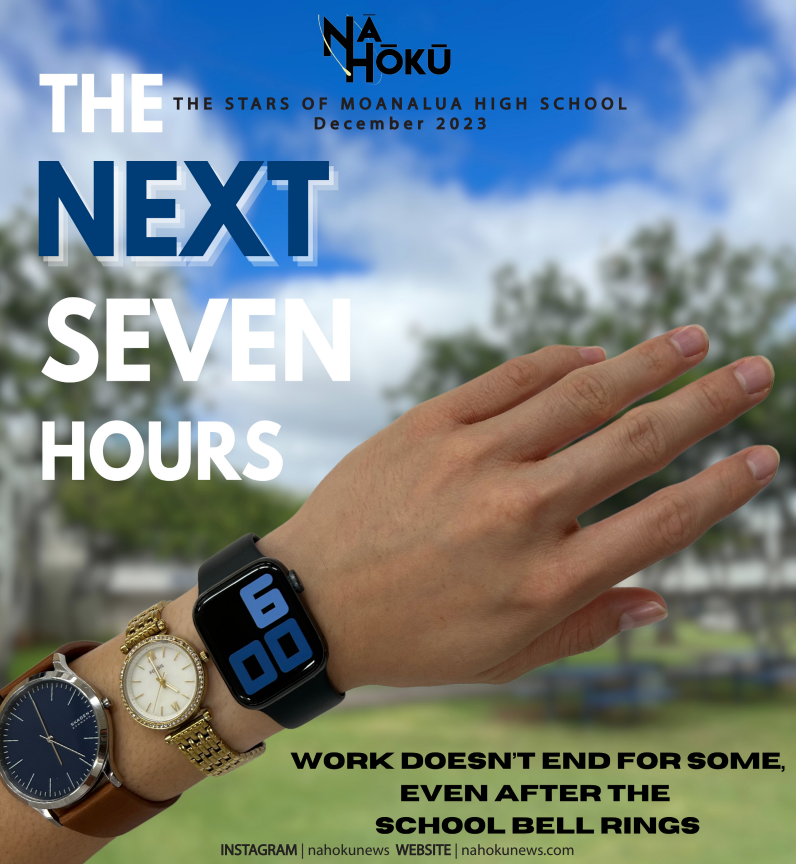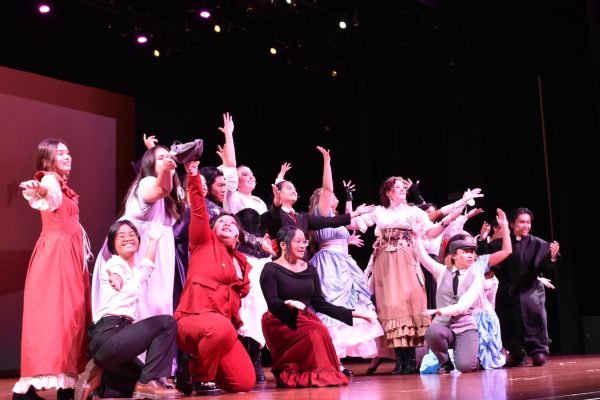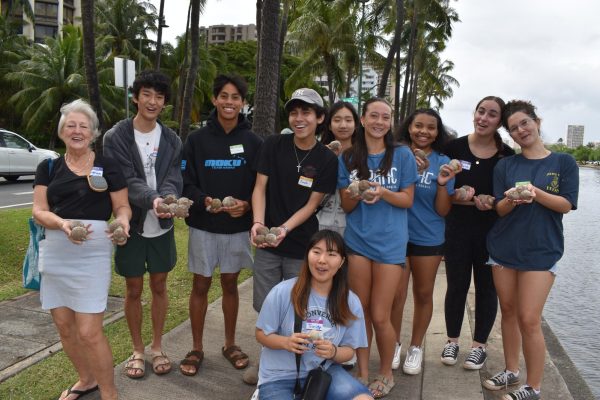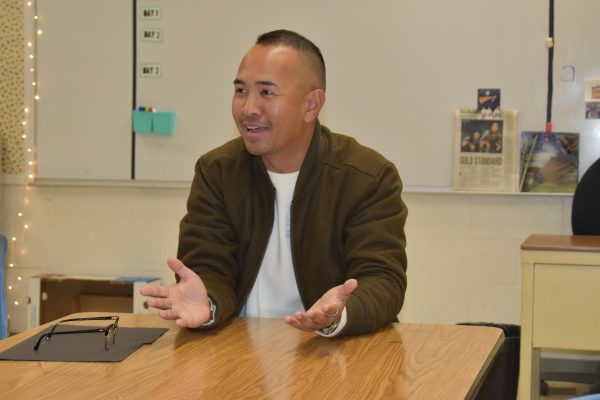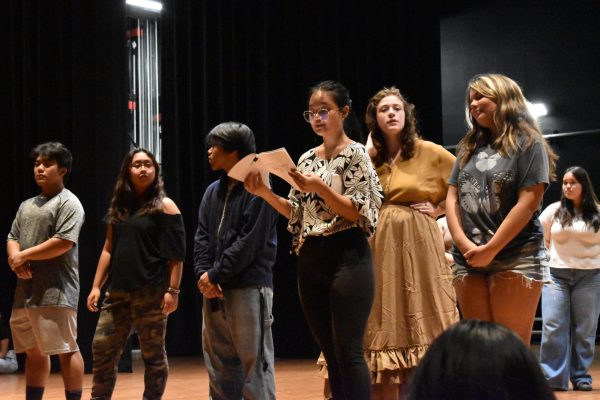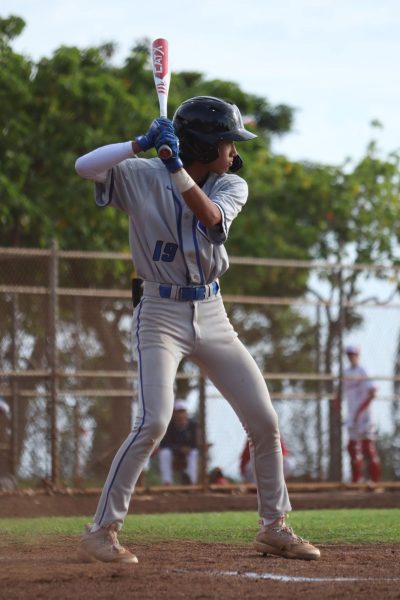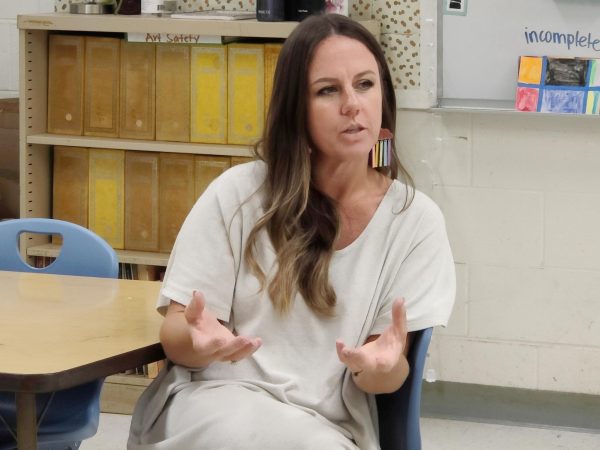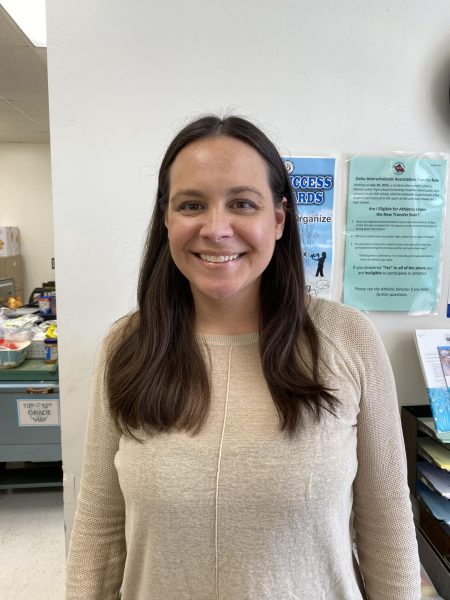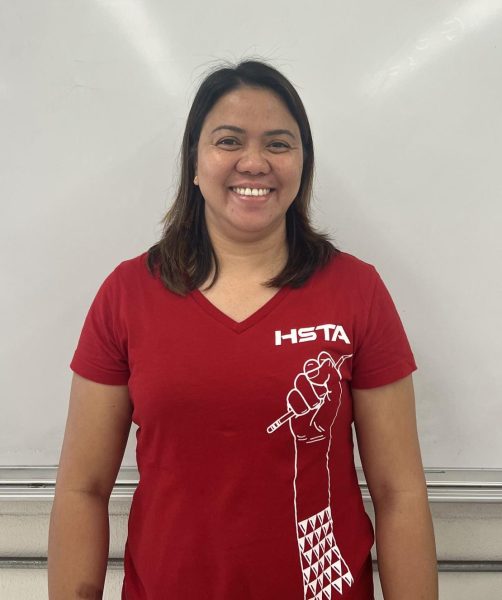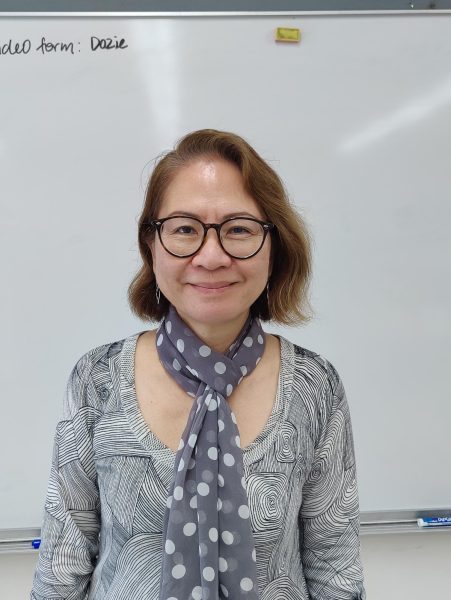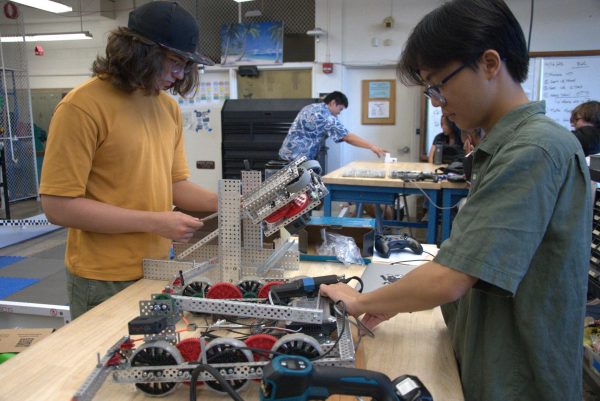Springing the deck: Chris Dias bewilders with his card tricks
March 11, 2022
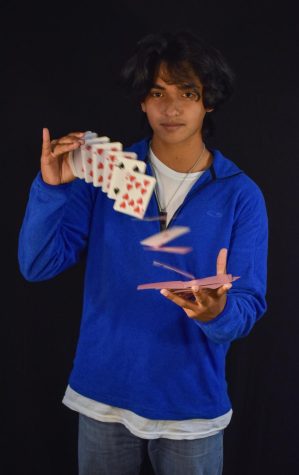
If you are not paying attention, that ace of spades you pulled from the deck of playing cards junior Chris Dias is holding will have turned into a seven of clubs. And that’s just for starters. The next time, your card might disappear altogether.
Whether he’s hanging around with friends on campus or sitting in class waiting for the lesson to begin, Dias will be holding a deck of cards in his hands, shuffling and cutting the pack with razor-like precision. He’s almost unaware he’s even doing it; the red-backed plastic cards have become an extension of himself.
“I wanted to [learn card dealing] because it would be a skill set no one else on campus had,” Dias said. “I always liked cards, but I really only started to focus on it since June 2021.”
By watching YouTube videos of professional magician Daniel Roy and reading books on the subject, Dias has honed his sleight of hand skills to the point where he can deceive the unsuspecting viewer.
“When I see people do [a trick], I try to figure out how the person is doing it,” he said of his process.
One of the Roy videos showed him different ways to shuffle the cards and keep a perfect deck–from ace to king. Right now, he is working on mastering the “bottom deal” trick, where he deals the cards from the bottom of the deck when it looks as if he is dealing from the top.
Whenever he has a spare moment, Dias splays out a deck on a desk or asks a classmate to participate in a game of “pick a card.”
At first glance, one might think he’s out to hustle someone with his skill in misdirection. Afterall, the term “card shark” connotes a person who tries to swindle people out of their money. Dias said he has tried to learn some of those skills, but only to prevent being cheated himself.
“What I focus on [learning] is the cheating techniques rather than the magic aspect,” he said. “I know those tricks now, and I know how someone would swindle you in a game of cards.”
In his daily life, honesty is really the only policy that drives Dias in how he applies his skill.
Last semester, he hosted a booth as a member of the Peer Education Program in its two safety campaigns: Suicide Prevention Week and Drug Free Week. Dias used his illusions to engage and educate about the dangers and misconceptions people have about the topics.
Health and PEP teacher Kelly Kaholokula said the class set up activity booths in Mene Square during those two weeks to spread awareness of each issue through games and activities.
“In PEP, Chris was interested in the topics [during the planning] and gave great input,” Kaholokula said. “He would use the card tricks [in] the booths as analogies, and it helped the students understand the points better.”
Even though Dias uses his talents for the good of his school, some of his friends remain dubious about how clean a deal they get when they play an actual game of cards with him.
“I don’t trust him,” junior Oliver Salvacion said with a laugh. “Every time I get a bad hand, I suspect him.”
Dias agreed.
“It’s even worse in a big group because I’m the only one who knows how to shuffle the cards,” Dias said.
When he’s not protecting the soccer goal or pole vaulting for the school, Dias is often at home working on his next illusion.
“I don’t go out often, so I spend time at home practicing,” he said. “No matter what you do, you can’t get worse at it.”

